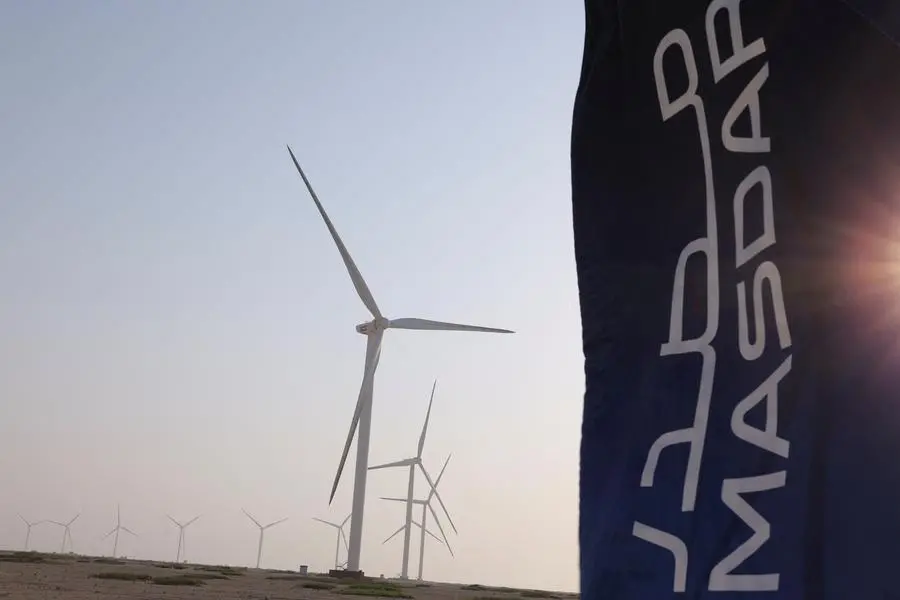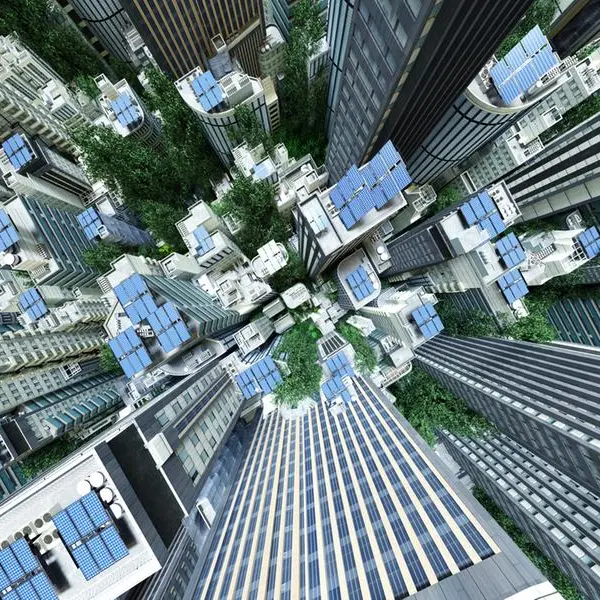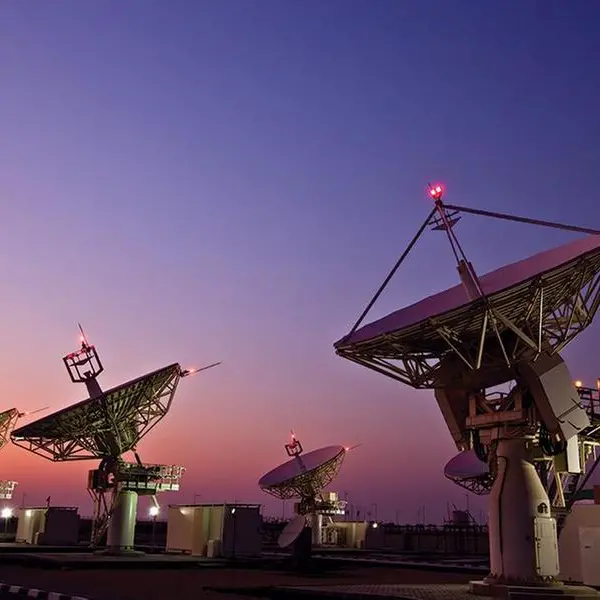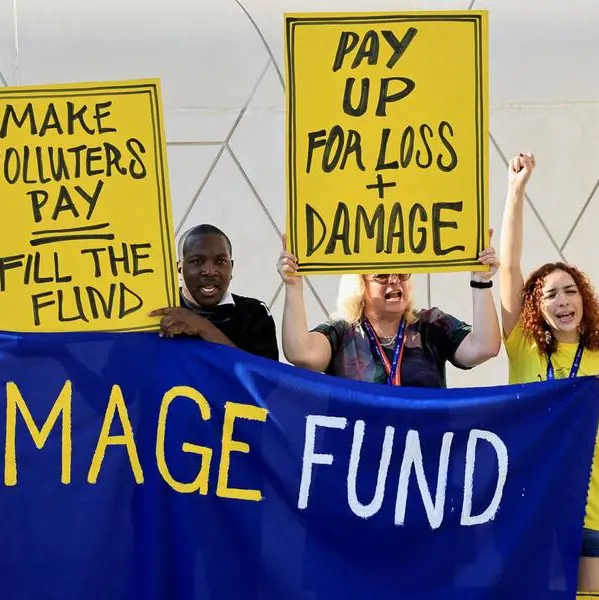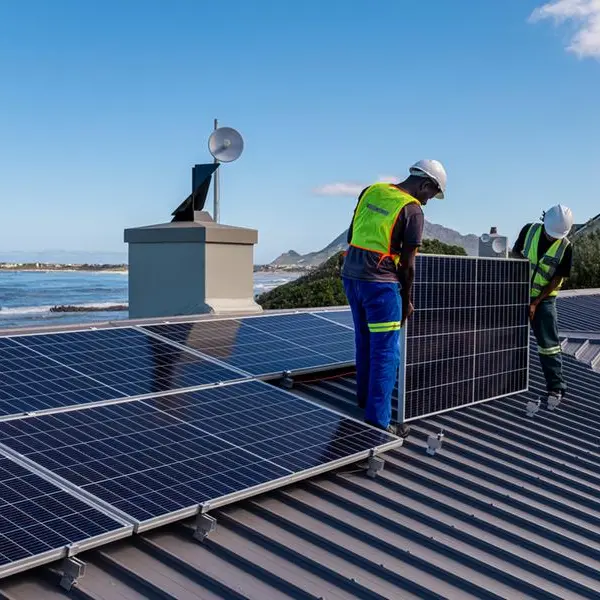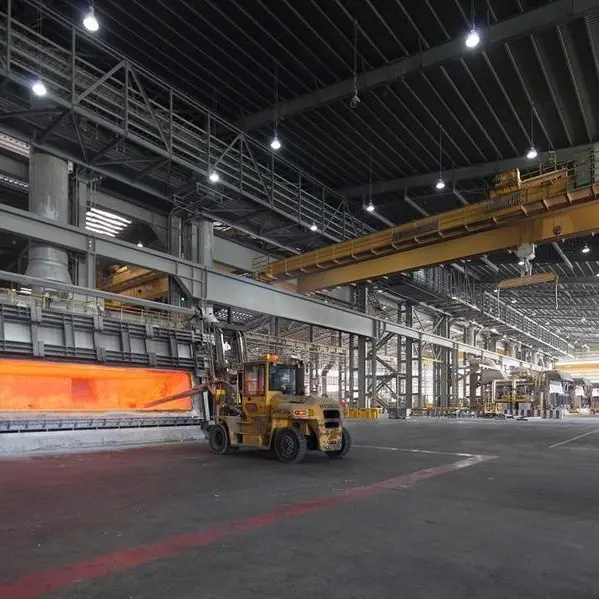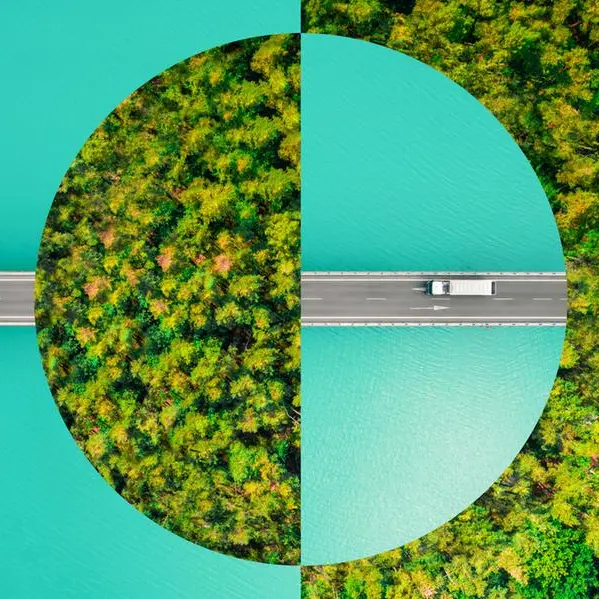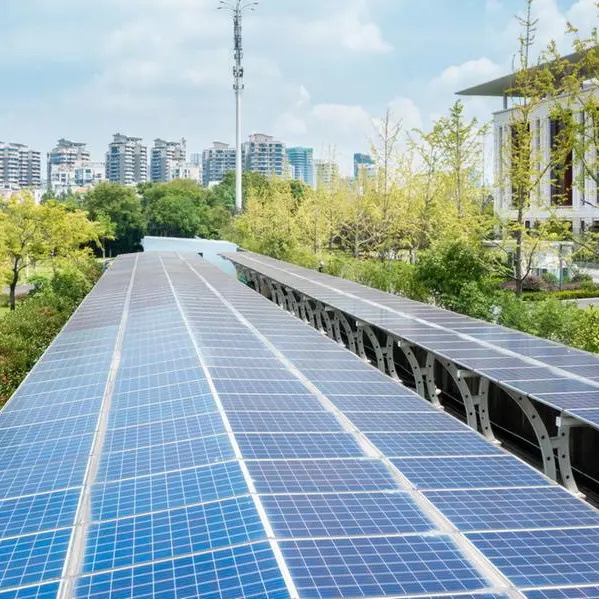PHOTO
Masdar, Abu Dhabi’s renewable energy company, is aiming to raise $3 billion over the next few years through its Green Finance Framework, a senior official said.
Proceeds will be used for the purpose of financing Masdar’s equity in new greenfield solar, wind or battery storage projects, Niall Hannigan, Chief Financial Officer, Masdar, told Khaleej Times in an interview. “Getting climate finance right presents a huge opportunity for growing renewable energy capacity around the world,” he added.
Earlier this year, Masdar announced the successful completion of its first green bond issuance for $750 million 10-year senior unsecured notes. “The appetite was exceptionally strong (offering was over 5.6 times over subscribed), demonstrating confidence in the industry and the financial strength of Masdar’s business and strategy,” Hannigan added.
“Bonds are just one example of a wide range of financial instruments businesses can use to unlock capital to support socioeconomic progress and deliver a sustainable future for communities around the world. They release a new pool of liquidity for greenfield wind, solar and battery projects, while not exposing that liquidity to developing economy risk. Addressing the climate finance inequality between the Global South and Global North is critical, and green bonds will go a long way to developing much needed renewable energy projects around the world,” Hannigan said.
Masdar is making significant progress towards its goal of achieving 100GW of renewable energy gross capacity by 2030. “Driving this is our growth strategy, which includes leveraging climate finance mechanisms such as green bonds, investing at home and abroad in both developed and developing economies, supporting technological innovation, and pursuing targeted mergers & acquisitions, alongside greenfield and brownfield growth opportunities. We’re investing in onshore and offshore wind, solar, geothermal energy, waste to energy and more” Hannigan said. “We are also excited about the potential green hydrogen offers to support the energy transition, and are forming partnerships with industry leaders globally to explore opportunities to invest in pioneering hydrogen projects,” he added.
Masdar recently published its perspective on tripling renewable energy capacity, which found three key areas for accelerating the deployment of clean energy: increasing supply chain capacity, strengthening the infrastructure grid, and changing the way we consume energy. “Taken together, it’s clear that partnerships – between investors, developers, suppliers, and the public sector – are crucial to keep the world on track to tripling renewable energy capacity and limiting warming in line with the Paris Agreement,” Hannigan stressed.
The Masdar CFO stressed that unlocking climate finance, particularly in developing economies, is critical if we are to have a chance of keeping climate change below 1.5c. “There are four areas which need to be addressed to support the development of renewable energy and accelerate decarbonisation programmes across the world. The first of these is the requirement for clearly defined energy transition policies, supported by transparent and stable regulatory frameworks – this is critical to fostering an attractive investment climate for green projects. The second hurdle to kickstarting renewable energy programmes is inadequate grid infrastructure. There is no business case for developing clean energy projects if the grid doesn’t have the capacity to incorporate the extra capacity. While the responsibility of building grids usually rests with the governments, we are now seeing models which support private sector involvement in developing network infrastructure. Governments and regulators also need to ensure policy frameworks make provisions for currency risk – both in terms of exposure to currency depreciation and challenges regarding both convertibility and repatriation. Lastly, underlying country credit rating and perception of risk is also a potential hurdle that must be addressed to ensure the clean energy sector can secure financing and attract investment,” Hannigan said.
Masdar is seeking to navigate and overcome such challenges through innovation and collaboration with governments, regulators, banks and credit agencies amongst others to support the development of clean energy in developing economies. “An example of this is in Uzbekistan, where collaboration with the government and private sector is enabling Masdar to develop the 500MW Zarafshan wind project, Uzbekistan’s first wind project and the largest of its kind in Central Asia. Such collaboration will also allow Masdar to develop significant renewable energy capacity across the African continent. At COP28, we signed agreements to progress plans for major investments across six Sub-Saharan nations, including a 150MW solar PV project in Angola,” Hannigan said.
At COP28, Masdar announced a 10-GW growth plan across six Sub-Saharan African nations, and together with Iberdrola co-investing €15 billion in offshore wind and green hydrogen projects in Germany, the UK and the USA.
Copyright © 2022 Khaleej Times. All Rights Reserved. Provided by SyndiGate Media Inc. (Syndigate.info).
Somshankar Bandyopadhyay
